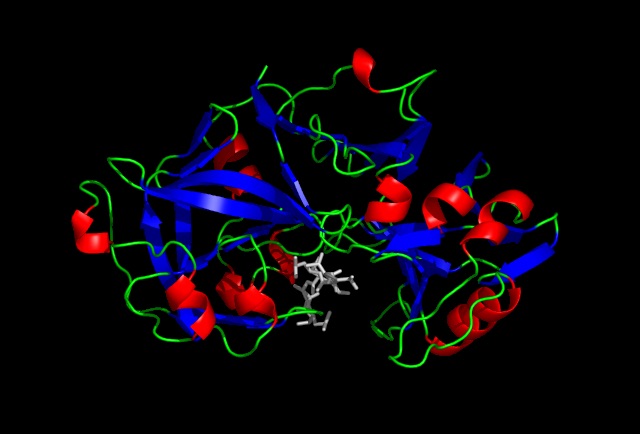The enzymes that act as catalysts provide the basic functions of life and require water to be active. Most industrial applications of enzymes as catalysts require water. Dr. Adam Perriman and colleagues at the University of Bristol are the first to develop a functional industrial enzyme that does not require water as a solvent.
The researchers deposited detergent molecules on the surface of the industrial enzyme lipase. The enzyme and detergent complex can act as an enzyme without any solvent. The solvent is usually water. The enzyme and detergent complex can react with other molecules that could be rendered less reactive or completely inert by water. The addition of detergent to the lipase enzyme structure allows the complex to function as an enzyme at elevated temperatures. The highest temperature tested in the research was 302 degrees Fahrenheit.
The development is remarkable for several reasons. The process is simple and easily transferable to other enzyme systems that are common in industry. The detergent and enzyme complex is not degraded by reaction so the complex retains the true nature of an enzyme. The capacity of the enzyme and detergent complex to function at elevated temperatures has applications in biofuel manufacture. The development reduces the costs of cleaning water that is used in the manufacture of thousands of commonly used products.
The development is truly a great leap forward in chemistry. There are literally hundreds of processes that have been developed that will not work because the temperature that they work at is destructive to present enzyme systems. An enzyme that dissolves a solid without water is truly a first.















